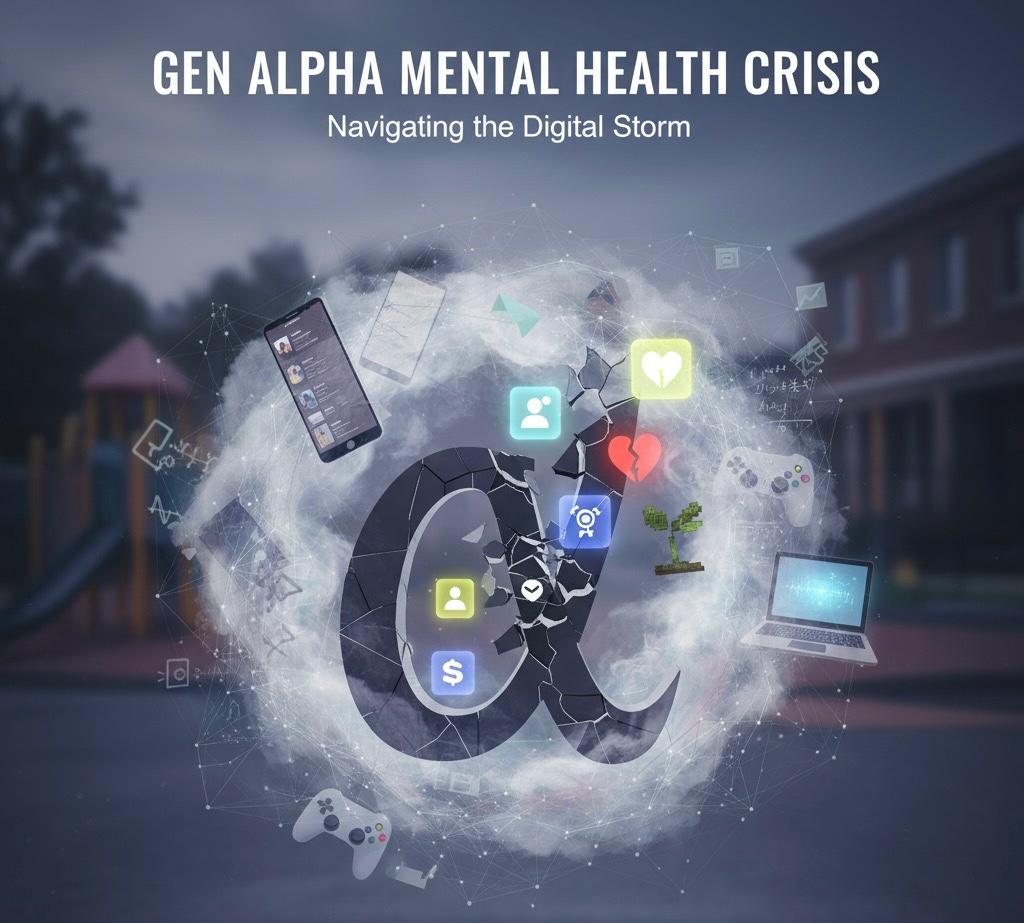Anxiety disorders are among the most common mental health issues in Australia, impacting a significant portion of the population. Understanding the causes of anxiety is essential for effective prevention and treatment. This article explores the main factors contributing to anxiety in Australia, drawing on scientific research and studies.
Key Factors Contributing to Anxiety in Australia
- Genetic Factors: Anxiety can have a genetic component, making some individuals more predisposed to developing anxiety disorders. Research by Hettema et al. (2001) indicates that genetics play a significant role in the development of anxiety, although the specific genes involved are complex and not fully understood.
- Environmental Stressors: Everyday life stressors, such as work-related stress, financial difficulties, and personal relationship issues, are significant contributors to anxiety. A study by Slade et al. (2009) highlights the impact of such stressors on mental health in Australia.
- Social and Cultural Factors: Societal expectations, cultural norms, and social media influence can contribute to anxiety. The pressure to conform to certain standards, especially in a multicultural society like Australia, can exacerbate feelings of anxiety (Twenge, 2000).
- Trauma and Abuse: Past trauma, including physical, emotional, or sexual abuse, is a well-documented risk factor for anxiety disorders. The Australian National Survey of Mental Health and Wellbeing (2007) reported a strong association between exposure to traumatic events and the development of anxiety disorders.
- Substance Use: Substance abuse, including alcohol and drug misuse, can lead to or exacerbate anxiety disorders. A study by Teesson et al. (2010) in Australia found a significant link between substance use disorders and anxiety.
- Chronic Physical Illness: Long-term health conditions, such as heart disease, diabetes, or chronic pain, can also contribute to anxiety, as indicated in research by Scott et al. (2007).
- Changes in Lifestyle and Urbanisation: The fast-paced and constantly changing lifestyle, along with urbanisation, has been linked to increased levels of anxiety. This is particularly relevant in Australia’s urban areas, where a fast-paced lifestyle is common (Peen et al., 2010).
Conclusion
Anxiety in Australia is influenced by a complex interplay of genetic, environmental, social, cultural, and lifestyle factors. Understanding these contributing factors is crucial for developing effective prevention and treatment strategies. Targeted interventions, public health policies, and individual awareness can help address the various causes of anxiety, improving mental health outcomes across Australia.
Take a quick self assessment
References
- Hettema, J. M., et al. (2001). A Review and Meta-Analysis of the Genetic Epidemiology of Anxiety Disorders. American Journal of Psychiatry, 158(10), 1568-1578.
- Slade, T., et al. (2009). The Mental Health of Australians 2: Report on the 2007 National Survey of Mental Health and Wellbeing. Department of Health and Ageing, Canberra.
- Twenge, J. M. (2000). The age of anxiety? Birth cohort change in anxiety and neuroticism, 1952–1993. Journal of Personality and Social Psychology, 79(6), 1007-1021.
- Australian Bureau of Statistics. (2007). National Survey of Mental Health and Wellbeing: Summary of Results, 4326.0. Canberra: ABS.
- Teesson, M., et al. (2010). Substance use, dependence and treatment seeking in the United States and Australia: A cross-national comparison. Drug and Alcohol Dependence, 108(1-2), 108-114.
- Scott, K. M., et al. (2007). Mental-Physical Comorbidity and Its Relationship with Disability: Results from the World Mental Health Surveys. Psychological Medicine, 37(9), 1483-1493.
- Peen, J., et al. (2010). The current status of urban-rural differences in psychiatric disorders. Acta Psychiatrica Scandinavica, 121(2), 84-93.
How to get in touch
If you or your patient/NDIS clients need immediate mental healthcare assistance, feel free to get in contact with us on 1800 NEAR ME – admin@therapynearme.com.au.







